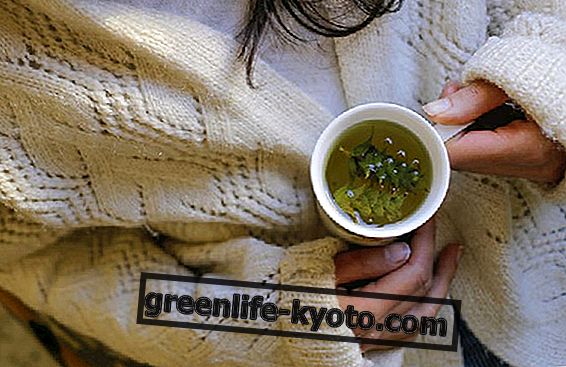
The problems of work, the economic precariousness, a failed examination, an accelerated pace of life, hours in traffic, overlapping commitments: these are just some of the most common scenarios and cause of stress from which, in general, it is very difficult escape. Everyone, even children, is subjected to a certain amount of stress apparently inherent in the Western lifestyle (and now also in some Asian countries).
And yet, from an ayurvedic point of view, all the motivations mentioned and the many others possible are not real causes: they would be nothing more than variables capable of influencing our mind making it slip into states of agitation and non-equilibrium, among which, stress indeed.
So the stress is not originated by external and pressing situations, but is determined by our mind that has lost the focus and with it the ability to read and decode the reality and the problems that characterize it.
Acting on the ability to re-orient it rather than on the obstinacy of wanting to change everyday life, opens the door to a potential and profound change in approach to life.
Deepen!
The mind according to ayurveda: the 3 gunas
To fully understand the opening paragraph it is necessary to understand well how the mind works according to ayurveda . This ancient medical science contemplates the existence of three energies ( guna ) able to influence mental states and therefore our "psychic" health:
- SATTVA: the vivifying, pure energy . When the mind predominates, it is clear, clear and inner peace prevails. We are calm, satisfied, balanced and our actions are serene and aware.
- RAJAS: unstable energy, which tends to move. It is the guna of activity, of passion, of desire. Our mind is dominated by feelings of hope or anxiety connected to a certain event on which our happiness depends. Anxiety, agitation and expectation disturb sattvic peace.
- TAMAS: inert, heavy energy . It is the guna of torpor, of indolence, of ignorance. If it prevails, the confusion about what needs to be done and what should not be done takes possession of our mind preventing it from acting with lucidity.
As is clear from this brief exposition, psychological problems are caused by an increase in rajas or tamas at the expense of sattva . In reality, it constantly fluctuates between one and the other guna and, unfortunately, it is very difficult to remain anchored to a sattvic predisposition. Often the desire or attachment dominates us (examples of excess of rajas ) or we lose the lucidity to distinguish right from wrong, or laziness takes hold of us (examples of excess of tamas ) thus losing the stability and purity of sattva .
These oscillations are absolutely human and natural, but if they last over time, the mind becomes altered and various disorders can emerge: depression, anxiety, fears, chronic nervousness, instability and, obviously, stress syndromes.
Try these Ayurvedic remedies against anxiety
An Ayurvedic approach to stress
Generally, stress is thought to be the result of an excess of rajas that causes agitation, impatience, anger, desire, attachment, frenzy. This should not, however, lead us to think that there is something ontologically negative in it: it becomes a source of imbalance if sattva is latent and therefore does not guide constructively the passion or dynamism - to give examples - which characterize this guna.
So a good Ayurvedic stress management approach is to increase the sattvic component . Such as? Through various paths:
- FOOD: in ayurveda, food also has its own energy. Prefer fruits and vegetables, nuts, seeds, sprouts, ghee, milk. Reduce tea, coffee, chocolate, fried food, meat and fish.
- YOGA, MEDITATION AND PRANAYAMA: observing the breath, practicing yoga and giving oneself regular meditation sessions will significantly raise the level of sattva in one's constitution. Nevertheless, if these practices do not result for you, even a healthy walk or a swim are excellent habits.
- AYURVEDIC REMEDIES: the famous abhyanga ayurvedic massage is a real cure-all against stress because it melts tensions from the whole body. Even shirodhara (a technique that involves the pouring of warm oil on the forehead) is extremely relaxing and is particularly suitable for those suffering from muscle-tension headaches.













